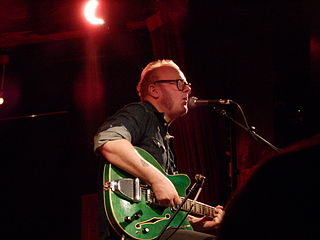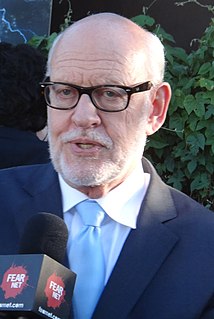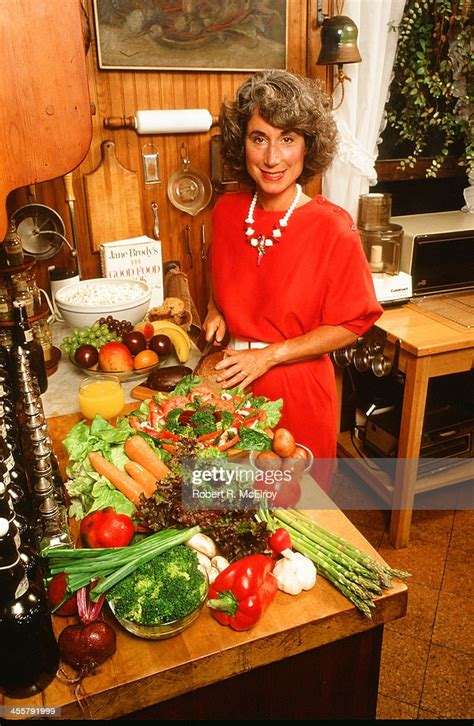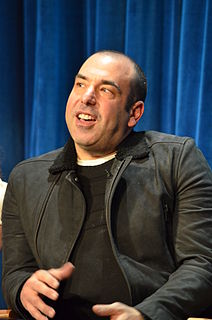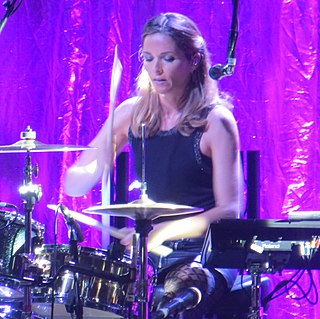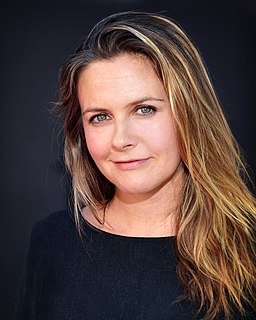A Quote by Frank Pittman
Some parents were awful back then and are awful still. The process of raising you didn't turn them into grown-ups. Parents who were clearly imperfect can be helpful to you. As you were trying to grow up despite their fumbling efforts, you had to develop skills and tolerances other kids missed out on. Some of the strongest people I know grew up taking care of inept, invalid, or psychotic parents--but they know the parents weren't normal, healthy, or whole.
Quote Topics
Awful
Back
Care
Clearly
Despite
Develop
Efforts
Grew
Grew Up
Grow
Grow Up
Grown
Grown-Up
Grown-Ups
Had
Healthy
Helpful
Imperfect
Inept
Invalid
Kids
Know
Missed
Normal
Other
Other Kids
Out
Parents
People
Process
Psychotic
Raising
Skills
Some
Still
Strongest
Taking
Them
Then
Trying
Turn
Up
Ups
Were
Whole
Related Quotes
I'm most proud of my kids, for one, and my family and my parents. Outside of that - what am I proud of? I don't know. I don't look back, I just go forward. I'm just proud of the fact that my parents were immigrants and we had nearly nothing, and all of the sudden, with the help of a lot of people and my parents as a model, I amounted to something. And I'm doing some very decent work.
Dr. [Paula] Menyuk and her co-workers [at Boston University's School of Education] found that parents who supplied babies with a steady stream of information were not necessarily helpful. Rather, early, rich language skills were more likely to develop when parents provided lots of opportunities for their infants and toddlers to "talk" and when parents listened and responded to the babies' communications.
Our parents all experimented with raising us in a fairly loose, unorthodox way. A huge emphasis was placed on creativity, and our artistic efforts were never dismissed as childish. There was a sense that we - kids and grown-ups - all had the potential to make something of value. Our drawings were not simply destined for the refrigerator.
I grew up in a town where there were no adults over forty who weren't somebody's parents. It was, unfortunately, the kind of town that's a "great places to raise kids" - that's basically code for "there are no adults here who are not parents." I had a few teachers who were kind of weirdo drama teachers and were hugely influential.
Animals are being exploited in such an unbelievable way; it's not acceptable. PETA is trying to get your attention, and they're successful at it. ... If you talk to people who grew up on a farm, they'll tell you that they had an experience where they were taking care of a cow, and one day their parents took it away and killed it. It's a torturous experience for them, and that's when they became hard. People are taught to be grown-up or whatever, and that's dumb. That bond they had with that cow or chicken was real.
My parents were 30 years older than I was, and my parents had my brother and I ten years apart. My parents grew up in segregation, and they both lived in all-black neighborhoods and grew up with large black families. I didn't have any of that, and I didn't understand feeling so differently and being treated so differently.

